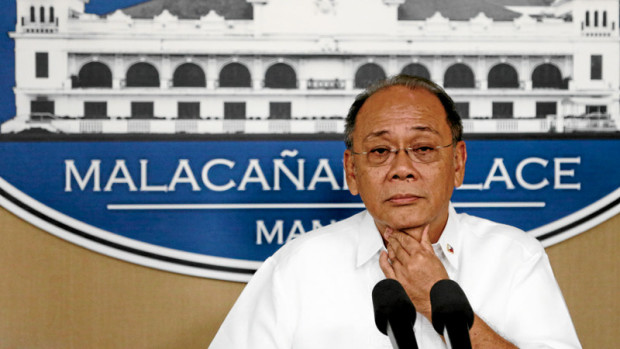Why Palace banned CHEd chair from meetings
Her refusal to tender her courtesy resignation early on in the Duterte administration and “irreconcilable differences” with the President were the reasons Commission on Higher Education (CHEd) Chair Patricia Licuanan had been banned from Cabinet meetings, Malacañang said on Tuesday.
Presidential spokesperson Ernesto Abella referred to a directive issued by Mr. Duterte in August telling all appointees of former President Benigno Aquino III to submit their “qualified courtesy resignations” to give him a free hand in ridding the bureaucracy of corruption.
“But when I checked with the Office of the Executive Secretary, apparently there was no letter submitted from the commissioner,” Abella said in a press briefing.
Being an Aquino appointee also wasn’t a ground for stopping Licuanan from attending Cabinet meetings.
‘Not political affiliation’
Article continues after this advertisement“Again, it’s irreconcilable differences and not because of political affiliation,” he said without elaborating.
Article continues after this advertisementLicuanan had promised to comply with Malacañang’s directive. But unlike Vice President Leni Robredo, who resigned as head of the government’s housing agency after also being told to “desist” from attending Cabinet meetings, Licuanan did not step down.
The CHEd chair has a fixed four-year term which ends in 2018.
Responding to a CHED official’s earlier contention that her fixed term means she could not be removed from her post, Abella said: “There was a request for a courtesy resignation.”
The administration, however, will continue to support CHEd as an institution, Abella said.
“The process continues, the commission will be supported,” he said.
Earlier, University of Santo Tomas professor Jose David Lapuz said Mr. Duterte had offered the CHEd chairmanship to him. This was opposed by CHEd officials who contended that Licuanan had a fixed term.
